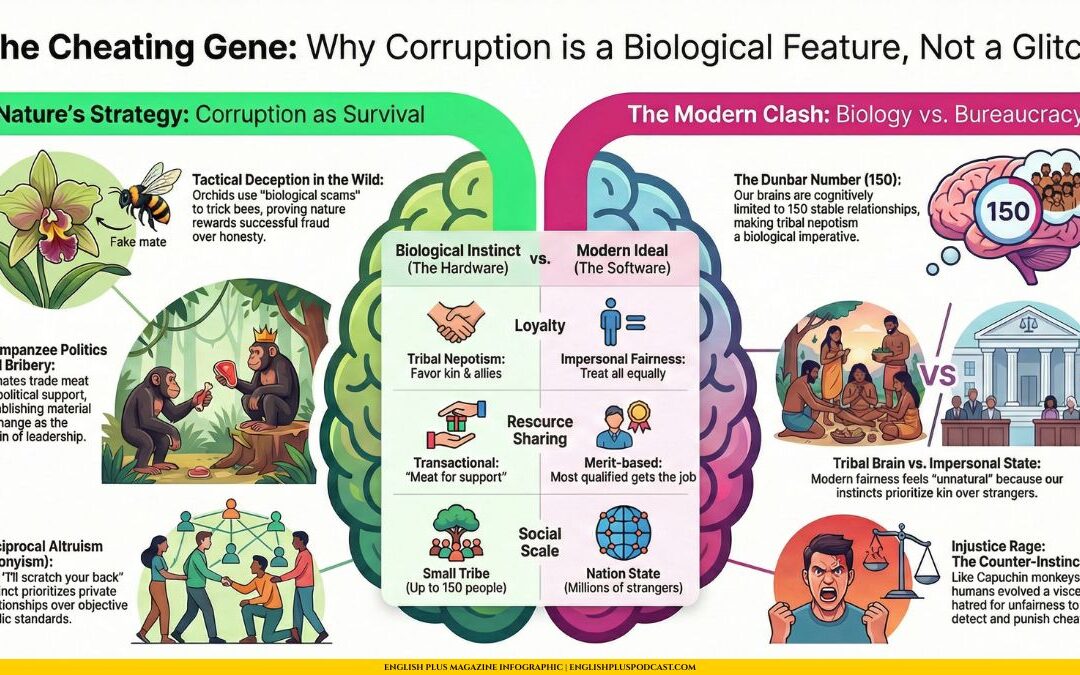The words “school” and “university” might seem interchangeable, but there are subtle yet important distinctions in how they’re used, especially across different varieties of English. Let’s break down the nuances and arm you with the knowledge for accurate and confident communication.
American English: The Line is Clear
In American English, the division is straightforward:
- School: Encompasses the entire spectrum of education, from kindergarten to those working on their Ph.D. dissertations. You might say, “I loved my years in school,” or “My son is starting medical school soon.”
- University: Refers specifically to higher education institutions where you pursue a degree after graduating from high school. For example, “She’s attending a prestigious university on the East Coast.”
British English: A More Layered Landscape
Things get a bit more interesting in British English:
- School: Generally refers to education before university. This includes “primary school” (elementary-level) and “secondary school” (middle and high school levels). You might hear, “My daughter just started secondary school.”
- Uni: This is the friendly, shortened version of “university.” It’s what you attend after completing your secondary school education. A Brit might say, “I had a brilliant time at uni.”
Real-Life Examples
- American: “I’m still in school, working on my master’s degree.”
- British: “He’s finished school and is taking a gap year before starting uni.”
Blurred Lines
Even within their primary territories, these words aren’t always rigid. You might find Americans using “college” and “university” semi-interchangeably. Additionally, the UK has “sixth form colleges” that sit somewhere between secondary school and university.
Key Takeaway
The most important thing is understanding the context in which “school” and “university” are used. Pay attention to the speaker’s background, and when in doubt, a polite question to clarify can save any potential confusion.
By understanding these subtle linguistic variations, you’ll improve your communication skills and gain a deeper appreciation for the fascinating nuances of the English language.










0 Comments